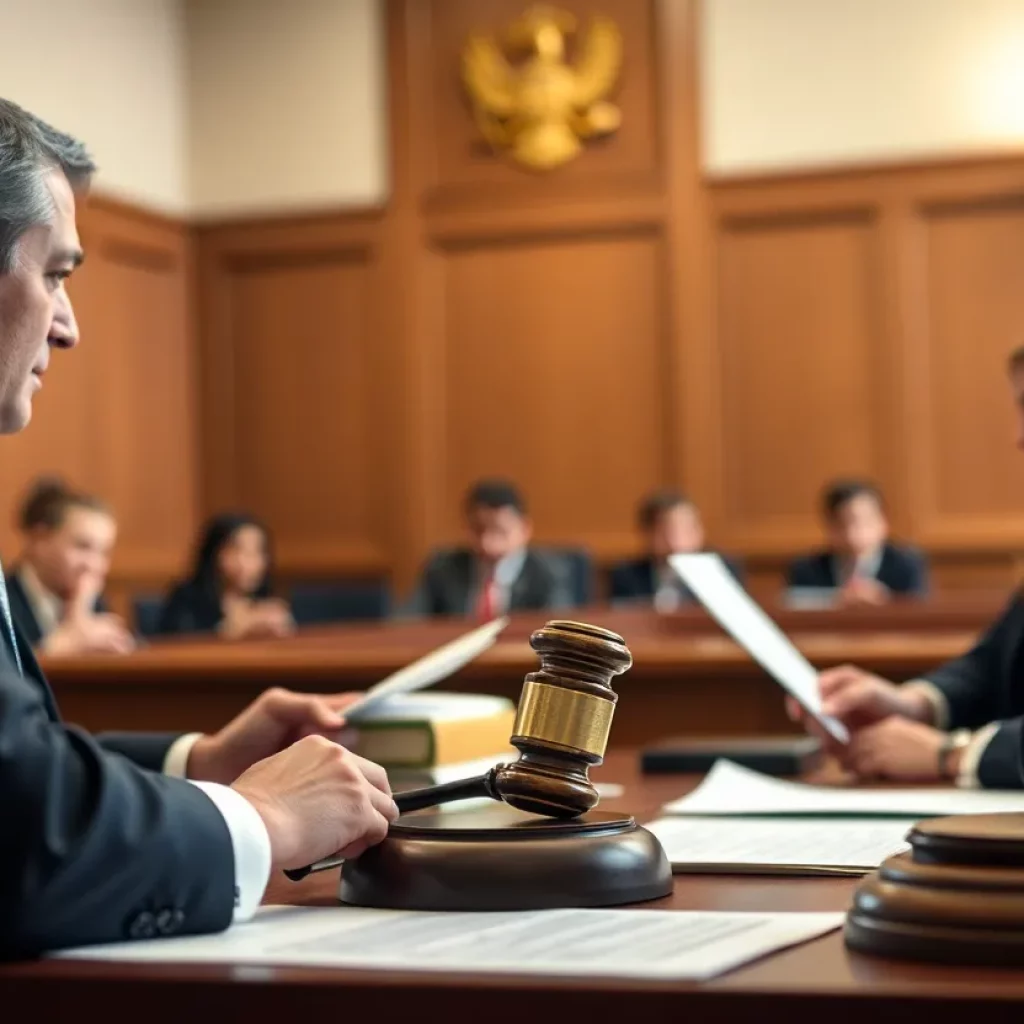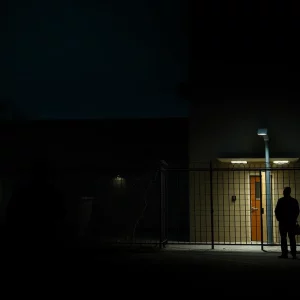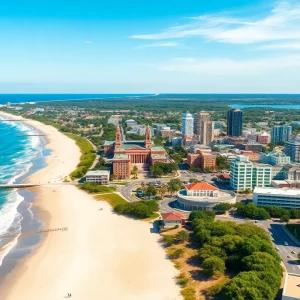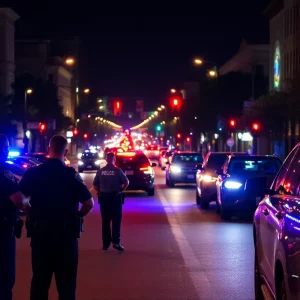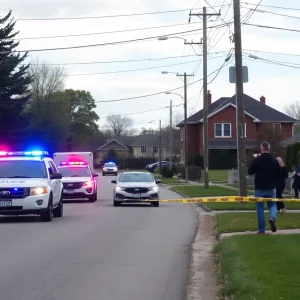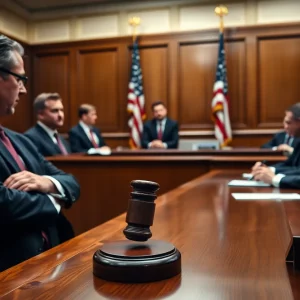News Summary
The deportation of Kilmar Abrego Garcia has raised significant concerns regarding legal practices within the Justice Department. Amid accusations of gang affiliation, his legal team argues the claims are unfounded. The court’s handling of Garcia’s case has sparked backlash from political leaders and advocates for his return, emphasizing the need for transparency in immigration procedures. As April 7, 2025, approaches, the legal implications of this case remain critical for both Garcia and broader immigration policy.
Controversial Deportation Case Sparks Major Backlash and Raises Legal Questions
A recent court hearing has thrust the case of Kilmar Abrego Garcia into the spotlight, resulting in a series of events leading to the administrative leave of Justice Department attorney Erez Reuveni. This follows intense scrutiny surrounding the deportation of Garcia, a legal resident in the United States since 2011, who was deported to El Salvador on March 15, 2025, amid claims of an “administrative error” made by the government.
Court Hearing Revelations
During a court hearing presided over by U.S. District Judge Paula Xinis, Reuveni expressed noticeable frustration, unable to provide the court with sufficient answers regarding the legality and justification for Garcia’s deportation. The judge’s inquiries highlighted a significant lack of documentation from the government, prompting concerns about the validity of the deportation process.
Claims of Gang Affiliation and Legal Challenges
The U.S. government has positioned Abrego Garcia as a member of the notorious MS-13 gang, a label that his legal team vehemently disputes, insisting he possesses no criminal record. Compounding the controversy, in 2019 an immigration judge had already barred his deportation to El Salvador, citing the likely risk of persecution Garcia would face due to the rampant gang violence in the region.
In light of the latest developments, Judge Xinis ordered Garcia’s return to the U.S. by April 7, 2025, categorizing the government’s actions as an “illegal act”. However, the Justice Department has since indicated plans to appeal the ruling, citing jurisdictional challenges given that Garcia is currently in El Salvador.
Frustration within the Justice Department
Reuveni’s struggle to produce evidence pertaining to Garcia’s arrest and subsequent deportation has prompted widespread criticism. The absence of such documentation has led many observers to question the adequacy of the government’s procedures and oversight in handling immigration cases. Furthermore, representatives from the Justice Department admitted that obtaining satisfactory answers about Garcia’s detention and deportation has proven difficult.
Public Outcry and Political Reactions
The backlash following Garcia’s deportation has drawn attention from various officials, including Maryland Governor Wes Moore and Baltimore Mayor Brandon Scott, who have voiced their disapproval over the handling of the case. Both leaders underscored the need for adherence to due process in immigration matters, echoing the sentiments shared by Garcia’s supporters who argue that he should never have been removed from the U.S.
Additionally, Garcia’s wife, Jennifer Vasquez Sura, has been an outspoken advocate for her husband’s return, attending rallies and employing various channels to amplify her message. She and other support groups have highlighted the dangerous conditions Garcia may face in El Salvador, especially following reports of his detainment in a well-known Salvadoran prison notorious for its treatment of inmates.
The White House’s Defense
In response to the mounting pressure, the White House defended its stance on Garcia’s deportation, reiterating the government’s claims regarding his gang affiliation. They have maintained that he will not be allowed to return to the U.S., emphasizing a hardline approach to immigration enforcement.
Concerns for Safety and Future Court Battles
Garcia’s situation continues to be a flashpoint for broader discussions surrounding immigration policy and the treatment of individuals facing deportation. His legal representatives have pointedly criticized the government’s failure to address and rectify the administrative error that led to his expulsion. As April 7, 2025, draws closer, the outcome of this case remains uncertain, with potential implications not only for Garcia and his family but also for the larger landscape of immigration law in the United States.
In a time where the legal system and immigration policy intersect, Garcia’s case serves as a poignant reminder of the complexities and challenges faced by many seeking to navigate the American legal system.
Deeper Dive: News & Info About This Topic
HERE Resources
Lawyer Raises Alarm Over Trump’s Legal Maneuvers
Immigration Lawyer Under Fire for Challenging Deportation Case
Lawyer Highlights Troubling Deportation Case Under Trump Administration
Trump Administration Appeals Deportation Ruling for Immigrant
Controversial Deportation of Violent Criminals from the US to El Salvador
U.S. Government Acknowledges Mistaken Deportation Case
Lawyer Warns Trump Administration on Immigration Policies
Charleston Community in Shock After Discovery of Human Remains
US Appeals Court Judge Questions Venezuelan Deportations
Trump Administration Targets Lawyers with Legal Retaliation Memo
Additional Resources
- CBS News
- Wikipedia: Kilmar Abrego Garcia
- AP News
- Google Search: Kilmar Abrego Garcia deportation
- NBC News
- Google Scholar: Kilmar Abrego Garcia
- Encyclopedia Britannica: Kilmar Abrego Garcia
- Google News: Kilmar Abrego Garcia deported


